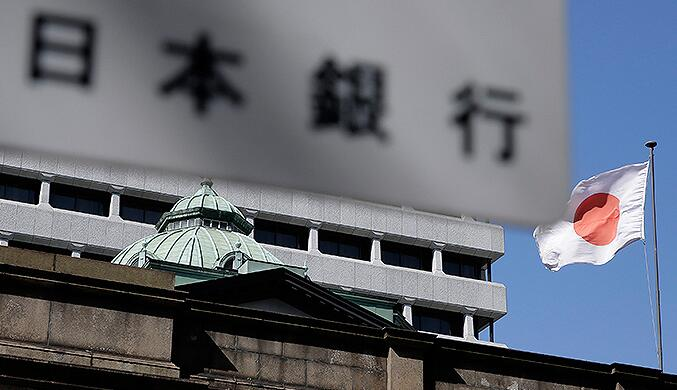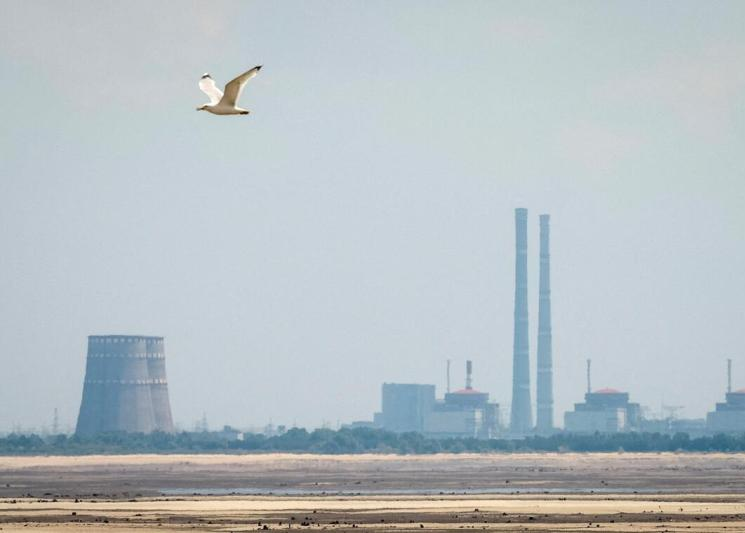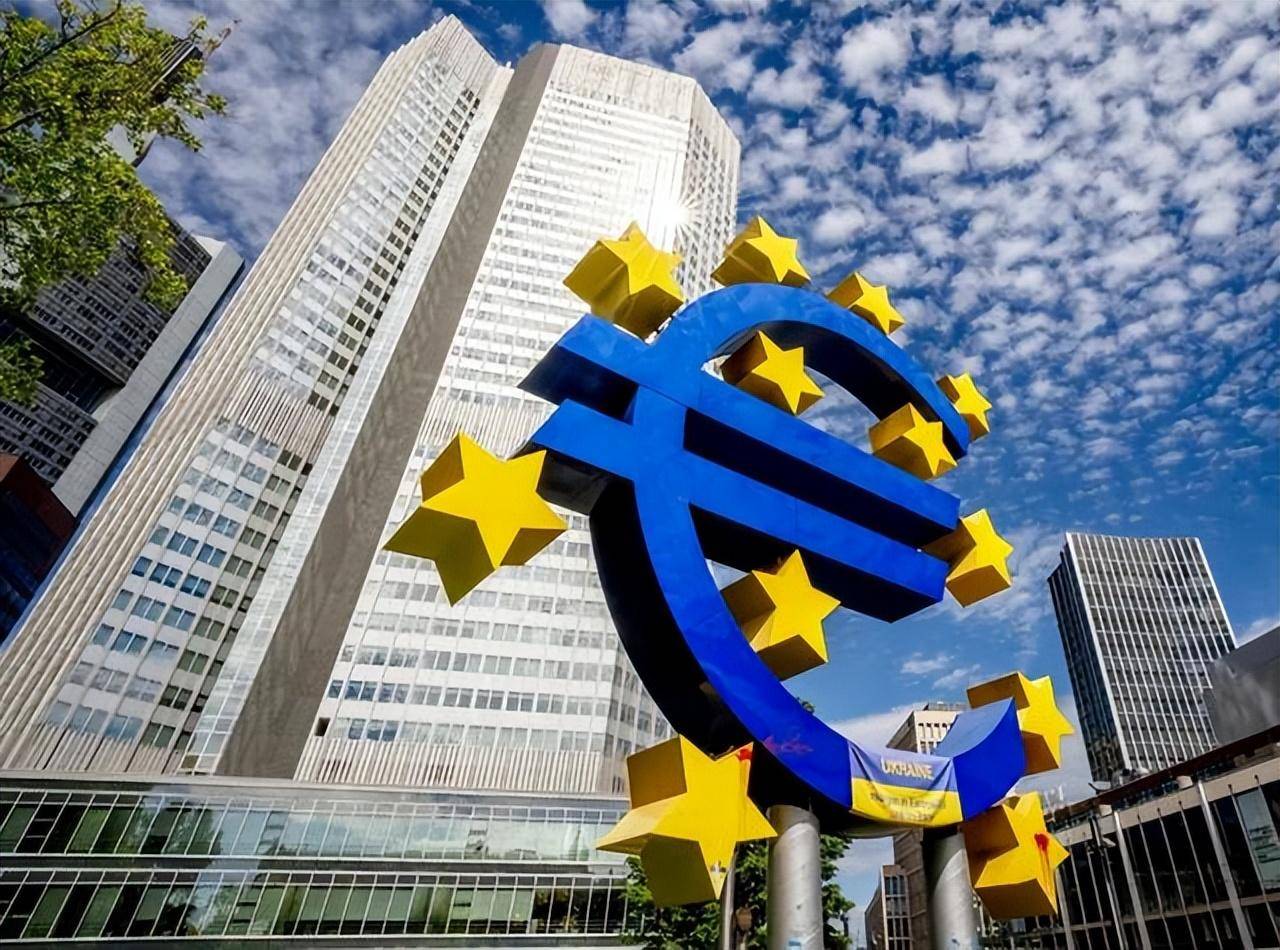On March 19, the Bank of Japan announced the end of its eight-year negative interest rate policy. The grand economic experiment of eight years ago, in which negative interest rates were introduced to stimulate the economy and reverse deflation, has finally come to a temporary end. Previously, Japan is the only country in the world still implementing negative interest rate policy, as an important economy in the world, the end of negative interest rate policy will have a certain impact on Japan and even the world.
The BOJ not only ended its negative interest rate policy, but also raised interest rates for the first time since February 2007, mainly because Japan's inflation rate has picked up significantly since 2022, thus breaking the predicament of long-term structural deflation. In the context of Japan's strong economic trend, the Japanese CPI in 2022 and 2023 were 2.5% and 3.2%, respectively, and the latest announced Japanese CPI in January 2024 was 2.2%, exceeding the central bank's policy target of 2% for 22 consecutive months; In January, the core CPI was 3.5% year on year, exceeding 3% for 14 consecutive months. A series of data indicates that Japan's economy is about to recover strongly, and the outside world is optimistic about its future prospects.
In fact, the Bank of Japan's interest rate hike has done a lot of expectation management in the early stage, and a lot of groundwork has been laid, and the mainstream media in Japan exclaimed that Japan had to come back. However, a surprising thing happened. That did not happen after the Bank of Japan raised interest rates. Instead of appreciating, the yen collapsed; Meanwhile, the dollar did not fall, and the Japanese stock market did not fall. Treasury yields haven't budged, which means there hasn't been a big outflow of money from the market. Then, the great China market was obviously affected, the outflow of funds to the north increased, and the South Korean stock market also fell sharply, with Samsung, SK Hynix and Kia the biggest drag on the KOSPI decline. A range of influences has something to do with the Bank of Japan's strategy.
Through the above facts, it is still too early to conclude that the Japanese economy has rebounded, and some experts predict that the Japanese economy will show more signs of "internal and external difficulties" in 2024. The Japan Center for Economic Research recently released a forecast that Japan's economy will grow by only 0.7 percent in 2024 and 0.8 percent in 2025. At this rate of growth, there is a big question mark over whether the Bank of Japan is about to enter the so-called virtuous circle. It may be premature to talk about the Japanese economy "coming out of the lost three decades."
Although the root cause of Japan's economic downturn lies in Japan itself, the Asian economic downturn is indeed "worse" for the Japanese economy. Japan has close economic ties with Asia. Asia was hit hard by Japan, and Japan's recession affected Asia, creating a vicious circle. Therefore, the effect of the Bank of Japan's announcement to end negative interest rates still needs to be observed for a long time, and it is difficult to draw conclusions about the impact on Asian countries.
In terms of the impact on the global economy, due to the importance of yen assets in global capital markets, a rise in the yen will cause international capital to flow back to Japan from emerging markets and other developed countries. This could trigger volatility in global capital markets, especially for economies that rely on inflows of Japanese capital, and may face capital outflow pressure, increasing the risk of financial market instability and increasing the debt pressure on economies that hold debt in yen. At the same time, the appreciation of the yen, as an important safe-haven currency, could lead to lower commodity pricing costs, thereby indirectly restraining global inflation.
Since the beginning of this year, Japan's economic status was overtaken by Germany, from the heart is not convinced, this time to take measures to rescue the market may work in the short term, but the illusion of an immediate return to the top is still a long way off.




























